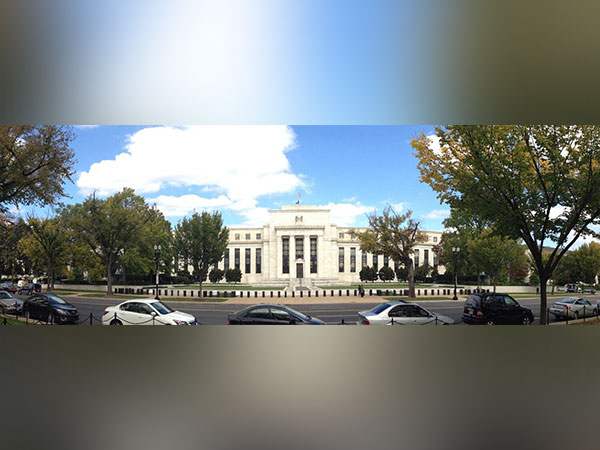Federal Reserve Stress Test Confirms Resilience of Large US Banks Amid Hypothetical Recession
The Federal Reserve's annual stress test reports that large American banks are robust enough to withstand a severe recession while maintaining capital requirements. With a focus on resilience, the test highlights banks' ability to continue lending even under adverse economic conditions, demonstrating strong capitalization despite hypothetical recessions.

- Country:
- United States
The Federal Reserve's latest annual stress test reveals that major U.S. banks are robust enough to endure a severe economic downturn, meeting capital requirements and maintaining their lending capabilities, according to a central bank statement. The test assesses bank resilience by evaluating potential losses, net revenue, and capital levels under hypothetical recession scenarios.
Annually conducted, the stress test uses at least two different scenarios to evaluate banks' capital adequacy during crises, with individual results made public. Banks must also perform and disclose their own stress tests according to risk profiles. "Large banks remain well-capitalized and resilient to various severe outcomes," emphasized Federal Reserve Vice Chair for Supervision Michelle W. Bowman.
All 22 banks assessed remained above the minimum CET1 capital requirements in this year's scenario, which was less severe than last year. It involved a 30% contraction in commercial real estate prices, a 33% drop in house prices, a 5.9-percentage-point rise in unemployment, and similar declines in economic output. Modest corrections were made to the 2024 results but did not affect aggregate post-stress capital.
(With inputs from agencies.)










